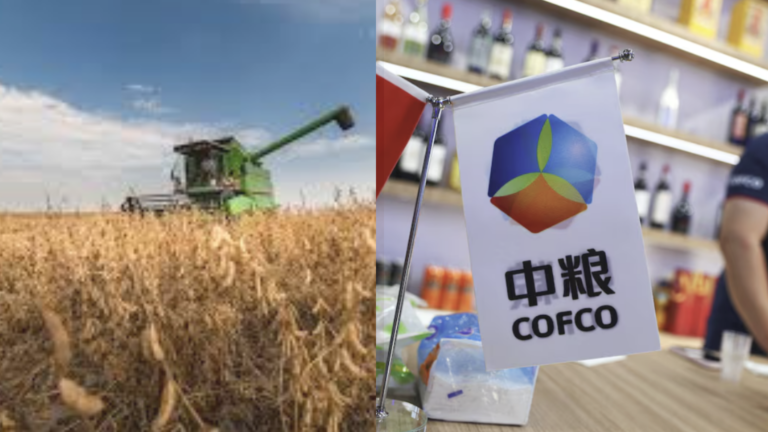
COFCO's Commitment to Brazil's Soy Moratorium: A Sustainable Path Forward?

In January 2025, China’s state-owned grain trader, COFCO, reaffirmed its dedication to Brazil’s soy-buying moratorium, a policy established in 2008 to prevent the purchase of soybeans cultivated on deforested Amazon lands. Despite mounting pressure from local Brazilian farmers to relax these restrictions, COFCO remains steadfast, emphasizing its commitment to sustainable sourcing practices. In 2024, COFCO exported 17 million metric tons of soy and corn from Brazil, with plans to increase this to 18 million tons in 2025. Notably, 80% of these exports are destined for China. The company is also preparing to inaugurate a new grain terminal, STS11, at the Port of Santos in São Paulo by April 2025, aiming for full operational capacity by 2026. This $285 million investment will handle 14.5 million tons of commodities annually, marking COFCO’s largest export port terminal globally.
REUTERS.COM
Potential Future Impacts:
Sustainable Trade Practices: COFCO’s adherence to the moratorium may set a precedent for other global traders, reinforcing the importance of environmental considerations in commodity sourcing.
Market Dynamics: As COFCO expands its infrastructure in Brazil, the dynamics of soy and corn exports may shift, potentially influencing global supply chains and pricing.
Environmental Conservation: Continued commitment to the moratorium could aid in preserving the Amazon rainforest, balancing agricultural development with ecological sustainability.
Is COFCO’s stance a model for sustainable global trade, or does it pose challenges for agricultural growth? Share your perspectives below!